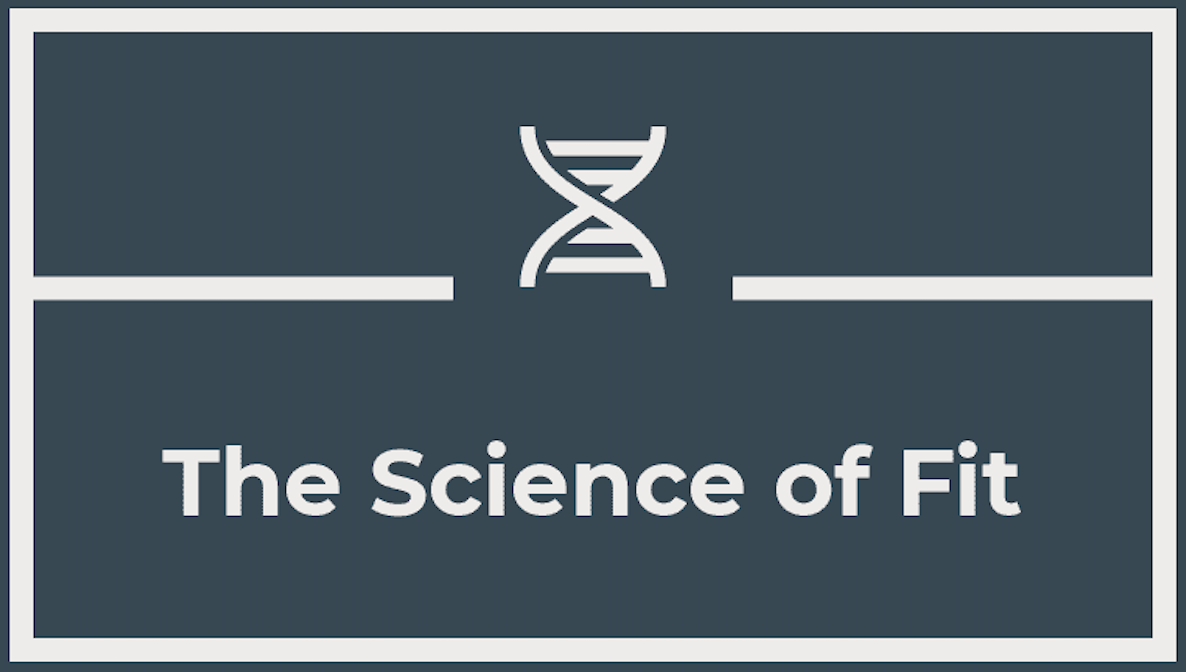Cortisol and Health
Cortisol and its Impact on Metabolic and Muscular Health

Abstract:
Cortisol, often referred to as the "stress hormone," plays a crucial role in the body's stress response system. While its immediate effects are essential for survival, prolonged elevation of cortisol levels has been associated with a range of negative health outcomes. This article reviews the intricate relationship between cortisol and metabolic as well as muscular health, shedding light on the multifaceted impact of this hormone on various physiological processes.
Introduction:
Cortisol is a steroid hormone produced by the adrenal glands in response to stress, influencing a myriad of physiological functions. Its role in the regulation of metabolism and its effects on muscle tissue have garnered significant attention in recent research.
Metabolic Impact:
Cortisol and Glucose Regulation:
One of cortisol's primary functions is to mobilize energy stores during the body's "fight or flight" response. Elevated cortisol levels stimulate gluconeogenesis, the synthesis of glucose from non-carbohydrate sources, contributing to increased blood glucose levels. Prolonged elevation may lead to insulin resistance and impaired glucose metabolism, linking chronic stress to metabolic disorders such as Type 2 diabetes.
Cortisol and Lipid Metabolism:
Cortisol influences lipid metabolism by promoting lipolysis, the breakdown of stored fats into fatty acids. While this is crucial for immediate energy needs, chronic cortisol elevation is associated with visceral fat accumulation and adverse lipid profiles, contributing to cardiovascular risk.
Muscular Impact:
Cortisol and Muscle Protein Breakdown:
In times of stress, cortisol plays a role in the breakdown of muscle proteins to provide amino acids for gluconeogenesis. This catabolic effect, while adaptive in acute stress, becomes detrimental with chronic elevation, leading to muscle wasting and compromised strength.
Cortisol and Exercise Response:
Exercise induces a temporary rise in cortisol levels, which can be beneficial for energy mobilization and tissue repair. However, excessive exercise or inadequate recovery may contribute to chronic cortisol elevation, potentially impairing muscle growth and recovery.
Regulation of Cortisol:
Several factors influence cortisol levels, including the circadian rhythm, sleep quality, and psychological stress. Chronic exposure to stressors, both physical and psychological, can dysregulate cortisol secretion, contributing to the observed negative health effects.
Mitigating Cortisol-Related Health Risks:
Stress Management:
Effective stress management strategies, such as mindfulness, meditation, and relaxation techniques, have shown promise in reducing cortisol levels and mitigating its negative impact on metabolic and muscular health.
Exercise Prescription:
Strategically planned exercise regimens, including appropriate intensity and recovery, can help optimize cortisol responses and promote positive adaptations without undue stress on the body.
Conclusion:
Understanding the intricate interplay between cortisol, metabolic health, and muscle physiology is crucial for developing targeted interventions to mitigate the negative health consequences associated with chronic cortisol elevation. Further research is needed to explore specific mechanisms and individual variability in cortisol responses, paving the way for personalized approaches to optimize metabolic and muscular health.
Keywords:
Cortisol, stress hormone, metabolic health, muscle physiology, gluconeogenesis, lipolysis, cortisol regulation, exercise, stress management.










